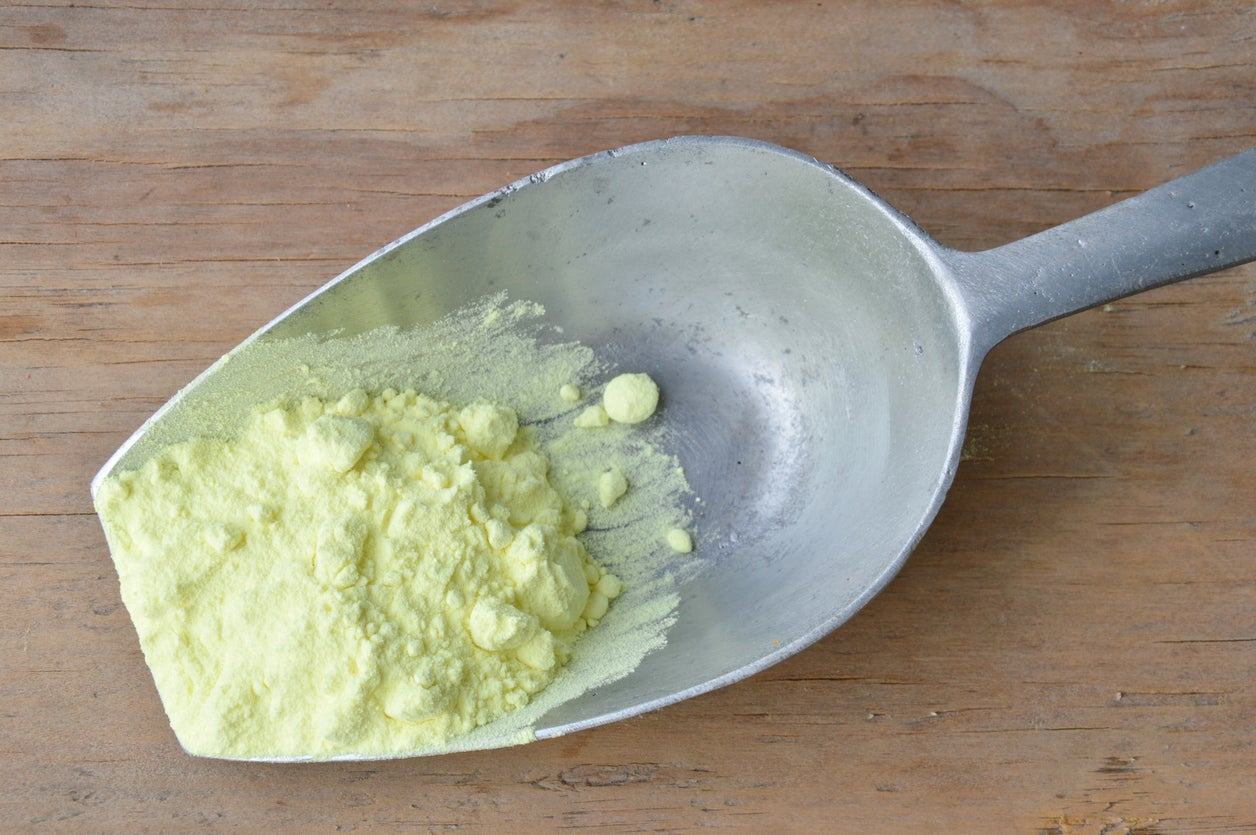Introduction
Sulphur powder is a time-tested and essential tool for gardeners looking to maintain healthy plants and control common garden pests and diseases. Derived from natural sources, sulphur offers a safe yet effective way to improve soil quality, manage fungal infections, and boost plant growth. This article explores how to use sulphur powder in your garden effectively, highlighting its benefits, application methods, and safety tips.
What Is Sulphur Powder and Why Use It in Gardens?
Sulphur powder is a fine, yellow substance that gardeners use primarily as a fungicide and soil amendment. It helps control powdery mildew, rust, and other fungal diseases that can damage plants. Additionally, sulphur lowers soil pH, making it ideal for acid-loving plants like blueberries and azaleas.
Benefits of Using Sulphur Powder:
– Controls fungal diseases naturally
– Improves soil health by adjusting pH
– Enhances nutrient uptake
– Acts as an insect repellent for some pests
Its natural origin and multi-purpose use make sulphur powder a trusted choice for organic and conventional gardeners alike.
How to Apply Sulphur Powder in the Garden
Preparing for Application
Before applying sulphur powder, test your soil pH to determine if it needs adjustment. Sulphur is most effective in soils with neutral to alkaline pH levels where acidification is beneficial.
Application Methods
-
Soil Treatment: Spread sulphur powder evenly over the soil surface and lightly incorporate it with a rake or hoe. This method gradually lowers soil pH and improves nutrient availability.
-
Foliar Spray: Mix sulphur powder with water to create a spray solution for treating fungal diseases on leaves. Use about 3 tablespoons per gallon of water and spray in the early morning or late afternoon to avoid leaf burn.
-
Dusting: Lightly dust plants with dry sulphur powder to control fungal spores and deter pests. Avoid application during hot, sunny days.
Application Tips
- Wear protective gloves and a mask to prevent irritation.
- Avoid using sulphur powder in temperatures above 85°F (29°C) to reduce plant stress.
- Repeat applications every 7-14 days during active fungal outbreaks.
Common Garden Uses and Plants That Benefit from Sulphur
Fungal Disease Control
Sulphur powder is particularly effective against powdery mildew, rust, and scab. It disrupts the fungal cell metabolism, preventing spore germination and infection spread.
Soil pH Adjustment
For acid-loving plants such as:
– Blueberries
– Azaleas
– Rhododendrons
Sulphur lowers the soil pH, making nutrients more accessible and promoting better growth.
Pest Management
While not a broad-spectrum insecticide, sulphur powder can deter mites, thrips, and whiteflies by creating an inhospitable environment.
Safety Precautions and Environmental Considerations
Sulphur powder is generally safe but must be used responsibly:
- Avoid inhalation: Sulphur dust can irritate lungs.
- Protect beneficial insects: Apply during times when pollinators are less active.
- Do not mix with oils: Combining sulphur with horticultural oils can cause phytotoxicity.
- Follow label instructions: Always adhere to recommended dosages and intervals.
Real-World Success: Case Studies
Many gardeners report significant reductions in powdery mildew after regular sulphur applications. For instance, a community garden in Oregon reduced fungal outbreaks by 70% within a season using sulphur powder sprays combined with proper cultural practices.
Conclusion
Using sulphur powder in your garden offers a natural, effective way to combat fungal diseases, adjust soil pH, and support healthy plant growth. By understanding how and when to apply it properly, you can maximize its benefits while minimizing risks. Whether you’re battling powdery mildew or growing acid-loving plants, sulphur powder is a valuable addition to your gardening toolkit. Start incorporating it today and watch your garden thrive with healthier plants and vibrant growth!
